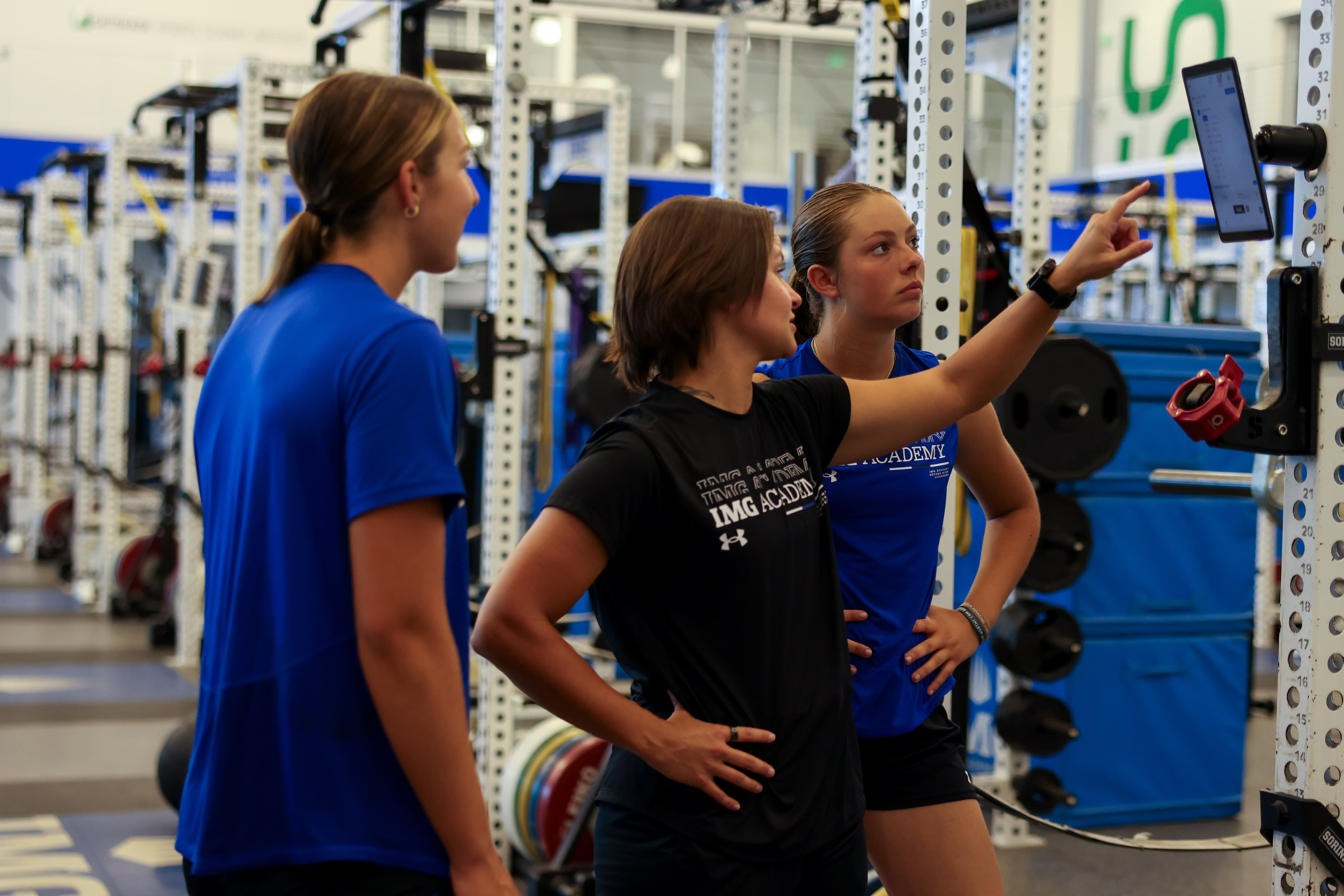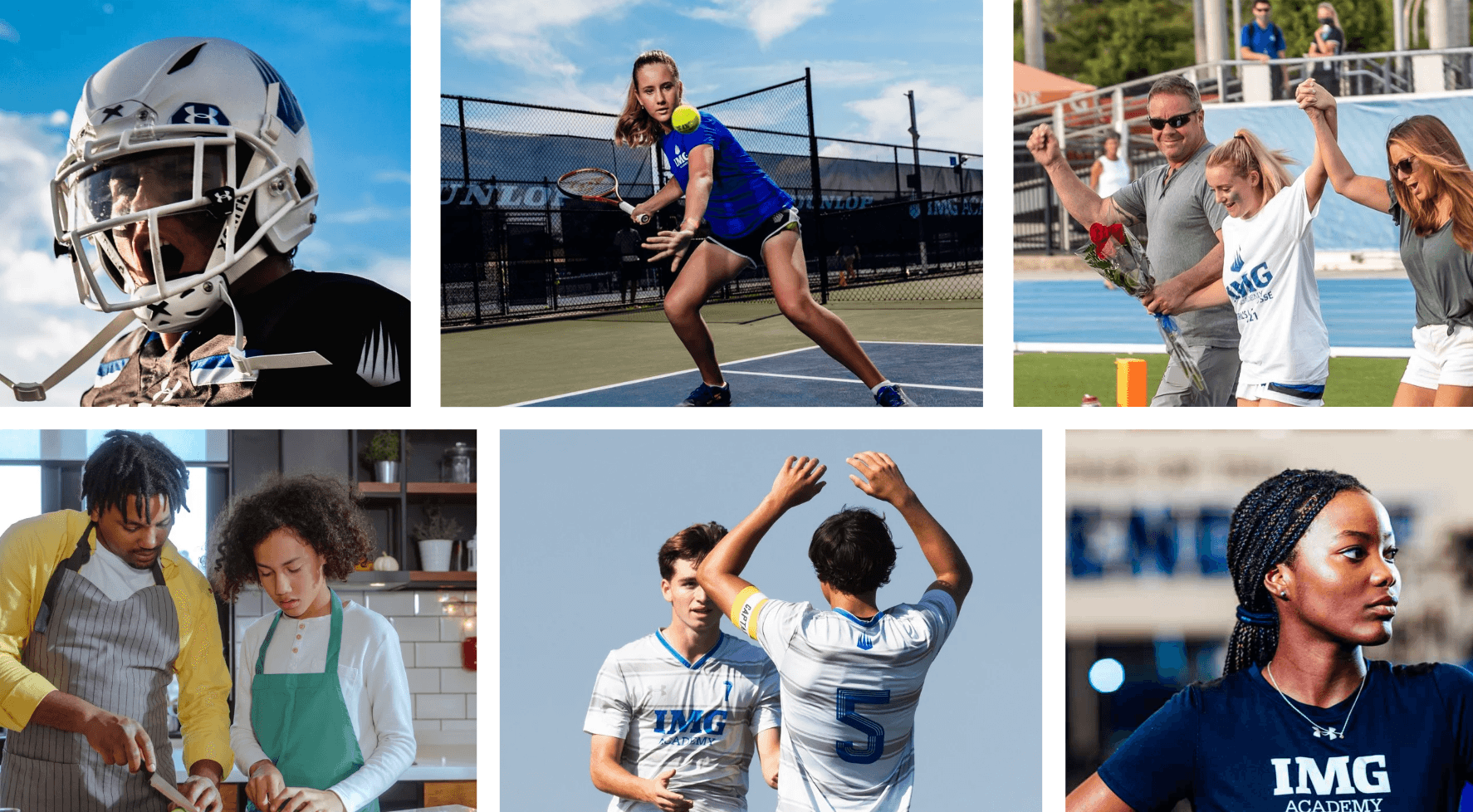Effective Goal Setting for Athletes


For teen student-athletes, goals aren’t just about winning games or medals—they’re about shaping the mental and physical foundations for long-term success. Here’s how to set performance goals with purpose to boost your mental game.
1. Start with Your “Why”
Every goal should connect to something that motivates you on a deeper level. Ask yourself: "Why do I want to achieve this?" Whether it’s becoming a starter, improving endurance, or mastering a skill, your “why” will keep you focused when challenges arise.
2. Make Your Goals SMART
Purposeful goals are:
Specific
Be clear about what you want to achieve.
Measurable
Track your progress with concrete milestones.
Achievable
Set goals that challenge you but remain realistic.
Realistic
Align your goals with your broader athletic and personal ambitions.
Time-bound
Give yourself a deadline to stay on track.
For example, instead of saying, “I want to get better at free throws,” say, “I will improve my free throw percentage from 60% to 75% in three months by practicing 30 minutes a day.”
3. Balance Outcome and Process Goals
While it’s great to aim for Outcome Goals like winning championships, don’t overlook Process Goals that focus on actions within your control. For instance, committing to consistent hydration, mental focus drills, or visualization techniques can enhance your performance regardless of the scoreboard. These actions get you closer to your Outcome Goal the more you complete them.
4. Embrace Setbacks as Opportunities
No journey is without obstacles. Missed goals or bad games aren’t failures—they’re feedback. Use setbacks as a chance to reassess and refine your approach. Mental performance thrives on resilience, and every challenge is an opportunity to grow.
5. Celebrate the Small Wins
Big achievements are made up of small victories. Whether it’s hitting a personal best in practice or sticking to your training plan, take time to acknowledge progress. Celebrating these moments keeps you motivated and reinforces positive habits.
6. Reflect and Reset Regularly
Check in with yourself often. Are your goals still meaningful? Are they challenging enough? By reflecting on your progress, you ensure your goals stay aligned with your purpose and keep pushing you to reach your full potential.
Setting performance goals with purpose isn’t just about excelling in your sport—it’s about building the mental strength to excel in life. By connecting your goals to your deeper motivations, focusing on the process, and embracing growth, you’ll create a blueprint for success that goes far beyond the playing field.
Take your first step today and utilize this helpful SMART Goals worksheet to define your goals with purpose.
You've got this! 💪🔥

Dr. Rachel Hoeft specializes in Sport and Performance Psychology. With a doctorate in psychology, she possesses a deep understanding of how the mind influences performance, particularly in athletic and competitive contexts.
Dr. Hoeft’s passion for the mental aspects of sports stems from her own extensive athletic background. A competitive soccer player from kindergarten through college, soccer became a central part of her identity. During her playing career, she faced significant challenges, including three ACL tears, a meniscus tear, and numerous other injuries, which ultimately guided her toward the field of sport psychology.
Since discovering her passion for this discipline, Dr. Hoeft has dedicated her career to empowering athletes. She strives to help them build confidence and navigate the mental hurdles of high-level competition.
Like this article? Access more in the full resource library.


Start Achieving Your Goals With Essentials
- Unlock the full Essentials experience
- Get recommended content based on your interests
- Dive into content on mental performance, nutrition, college recruiting, sports training and so much more!